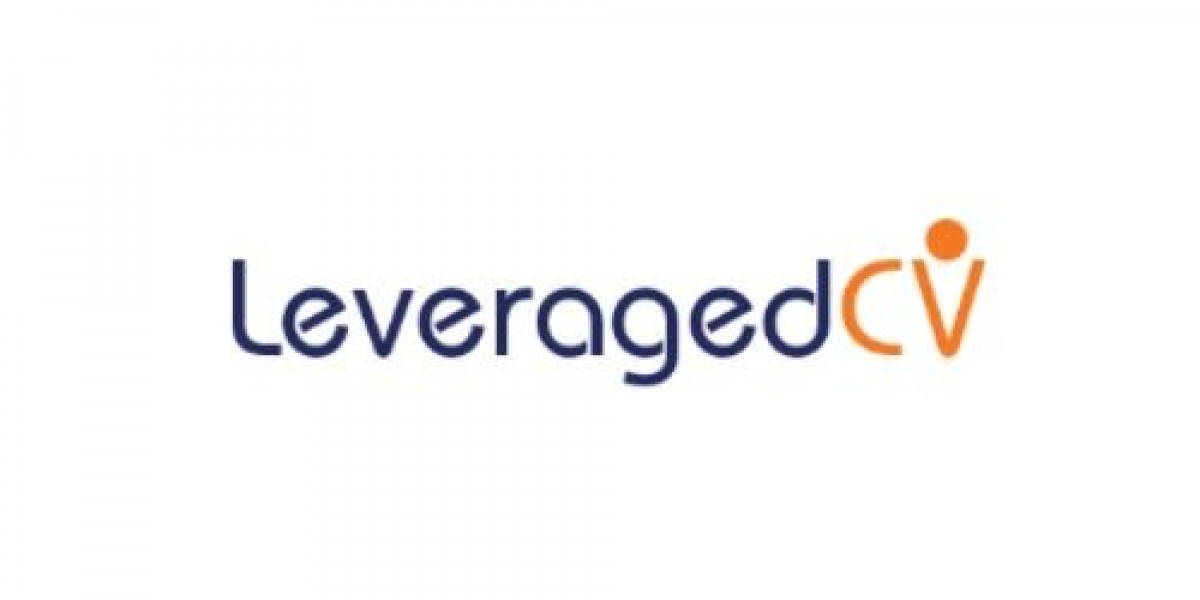Navigating the intricate world of corporate finance often requires a deep understanding of complex concepts and theories. For students tackling advanced corporate finance assignments, mastering these topics can make a significant difference in their academic performance. As a seasoned professional in the field, I will delve into two master-level questions related to corporate finance, providing comprehensive answers that reflect the depth of knowledge required at this level. Whether you're seeking clarity on these concepts or need assistance with your assignments, having a corporate finance homework helper can greatly enhance your understanding and performance.
Understanding Corporate Finance: Key Theoretical Questions
In the realm of corporate finance, advanced topics often revolve around strategic financial decisions, valuation techniques, and risk management. Here, we will explore two critical questions that encapsulate the complexity of this field. Each question will be answered with a focus on theoretical underpinnings and practical implications, offering insights that can be invaluable for students and professionals alike.
Question 1: Discuss the Role of Capital Structure in Corporate Finance
Capital structure refers to the way a corporation finances its assets through a combination of equity, debt, and other financial instruments. The optimal capital structure is a critical consideration for any business as it impacts both the risk and return profile of the company.
The theory behind capital structure is rooted in the Modigliani-Miller theorem, which suggests that, under certain conditions, the value of a firm is unaffected by its capital structure. However, this theorem assumes a perfect market where there are no taxes, bankruptcy costs, or agency costs, which is rarely the case in reality.
In practice, firms must consider various factors when determining their capital structure. These include the cost of debt versus the cost of equity, financial distress costs, and the potential impact on the firm’s overall risk profile. The trade-off theory of capital structure posits that firms balance the benefits of debt, such as tax shields, against the costs of potential financial distress.
Equity financing, while not incurring interest expenses, may dilute existing shareholders’ equity, thus impacting control and earnings per share. On the other hand, debt financing can amplify returns but also increases the risk of insolvency. The pecking order theory further explains that firms prefer internal financing over external financing and will opt for debt before issuing new equity if external financing is necessary.
In summary, the role of capital structure in corporate finance is to find the optimal mix of debt and equity that minimizes the overall cost of capital and maximizes firm value while managing financial risks effectively. This strategic decision requires a thorough analysis of the firm’s financial health, market conditions, and long-term goals.
Question 2: Evaluate the Impact of Corporate Valuation Methods on Strategic Decision Making
Corporate valuation methods are essential tools for assessing the worth of a company and guiding strategic decisions such as mergers and acquisitions, investment opportunities, and financial reporting. The primary valuation methods include discounted cash flow (DCF) analysis, comparable company analysis, and precedent transactions.
Discounted cash flow analysis is a fundamental valuation method that estimates a company’s value based on its expected future cash flows, which are discounted to their present value. This method is grounded in the principle of the time value of money and provides a detailed view of a company’s intrinsic value. The accuracy of DCF analysis depends on the reliability of cash flow projections and the discount rate used, which must reflect the riskiness of those cash flows.
Comparable company analysis involves evaluating a company’s value relative to similar companies within the same industry. This method uses valuation multiples such as price-to-earnings (P/E) ratios or enterprise value-to-EBITDA ratios to provide a benchmark for assessing value. While this approach offers a market-based perspective, it may not account for unique aspects of the company being valued.
Precedent transactions analysis examines recent transactions involving similar companies to estimate value. This method provides insights into market trends and pricing but may be influenced by deal-specific factors that do not apply universally.
The choice of valuation method can significantly impact strategic decision-making. For instance, using DCF analysis may lead to different conclusions about a company’s value compared to comparable company or precedent transactions analysis. Understanding these methods' strengths and limitations is crucial for making informed investment decisions, negotiating fair terms, and evaluating strategic options.
In conclusion, corporate valuation methods are integral to strategic decision-making processes, providing essential insights into a company’s worth and guiding financial and operational strategies. Mastery of these methods allows businesses to make informed decisions that align with their long-term objectives and financial goals.
Leveraging Professional Assistance
As you delve into these advanced corporate finance questions, the guidance of a corporate finance homework helper can be incredibly beneficial. Expert assistance can provide you with detailed explanations, practical insights, and tailored support to enhance your understanding of complex topics. Whether you’re grappling with capital structure theories or evaluating valuation methods, having access to knowledgeable resources can help you achieve academic success and excel in your studies.
By engaging with expert support, you gain access to valuable insights and resources that can clarify complex concepts, improve your analytical skills, and enhance your overall performance in corporate finance. Don’t hesitate to seek professional help to navigate the challenges of advanced finance topics and achieve your academic goals.
Conclusion
Mastering advanced corporate finance concepts requires a deep understanding of theoretical principles and practical applications. By exploring questions related to capital structure and valuation methods, we’ve highlighted the critical aspects of these topics and their implications for strategic decision-making. For students seeking to excel in their corporate finance assignments, leveraging the expertise of a corporate finance homework helper can provide the necessary support to achieve academic success and develop a comprehensive understanding of this complex field.



